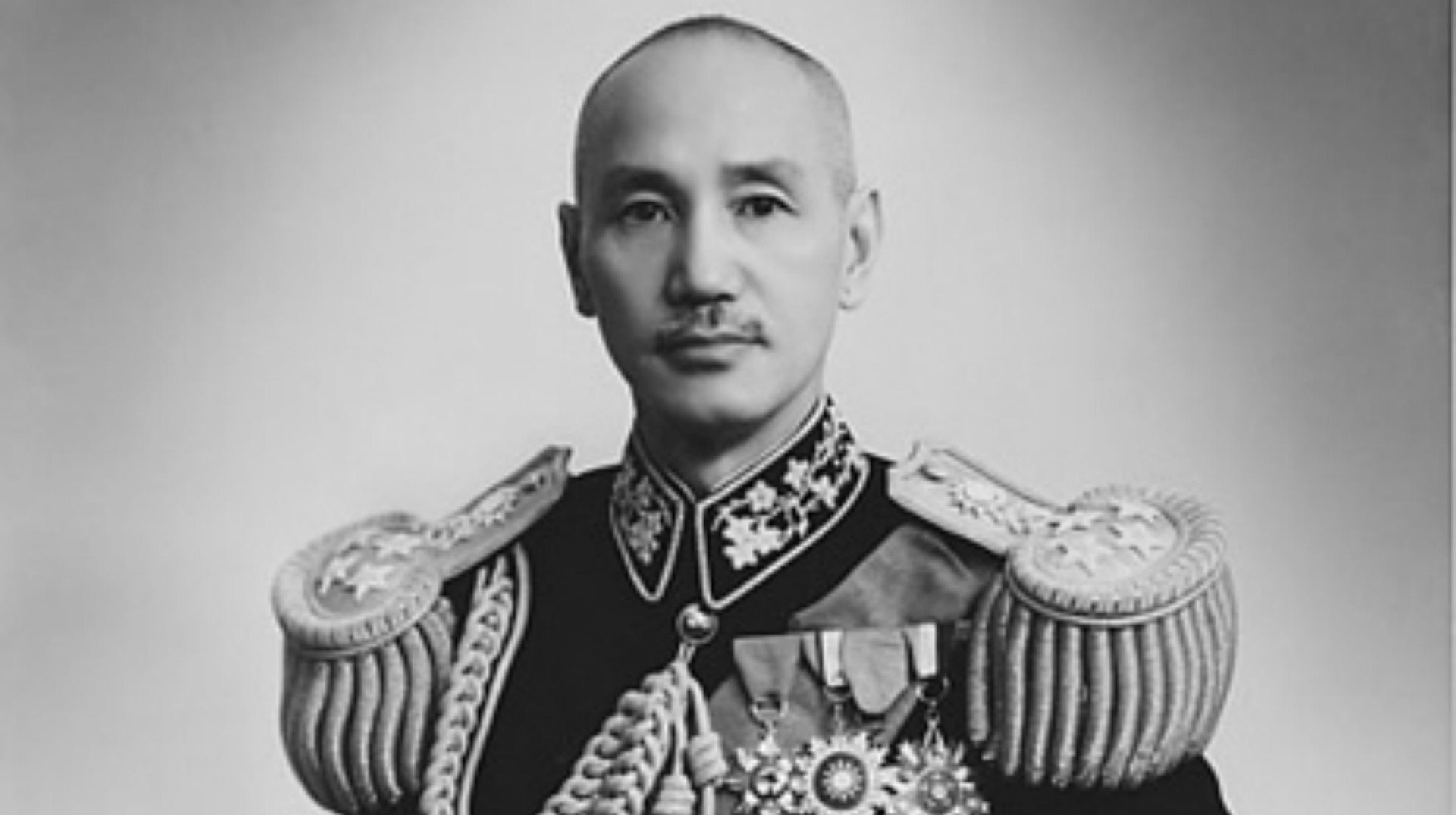Stanford University mired in a family feud over the diaries of Chiang Kai-Shek
Stanford University is suing the descendants of former Chinese Nationalist Party leader Chiang Kai-shek in an attempt to resolve their fractious attempts to take possession of his diaries. The suit says the school doesn’t want to seize control of the papers—it just wants to know who to give them back to.


Stanford University is suing the descendants of former Chinese Nationalist Party leader Chiang Kai-shek in an attempt to resolve their fractious attempts to take possession of his diaries. The suit says the school doesn’t want to seize control of the papers—it just wants to know who to give them back to.
Chiang’s diaries were loaned to Stanford’s Hoover Institution for fifty years by Chiang’s grandson’s wife in 2004. They’ve since become the subject of a long-running dispute between Chiang’s relations in Taiwan and a mainland Chinese woman who said she is Chiang’s adopted daughter from his first marriage.
Now Stanford University is joining the fracas. The school’s board has asked descendants to “litigate amongst themselves,” Bloomberg reported, citing a suit filed by the university on Sept. 20. “Plaintiff is ready, willing and able to return” the papers “to the person(s) or entity(ies) legally entitled to it or parts of it, but under the circumstances, plaintiff does not know and cannot determine to whom” they belong, the lawsuit says.
Chiang, the leader of China until he was driven out of the mainland by Mao Zedong’s Communist Party in the Chinese Civil War, ruled Taiwan until he died in 1975. Scholars and others in China and Taiwan have been reevaluating his legacy, in part because of information in his diaries and other material about his life are now available.
Want to read something from the 76 boxes of manuscripts at Stanford without traveling to northern California? Well, you can’t: copies don’t exist online. The diaries are considered so precious there are strict rules about what researchers can share:
Before examining the paper copies of the diaries, users must sign an agreement stating that (1) quotations from the diaries may not be published, broadcast, or redistributed in any form, without the written permission of the Chiang family, which retains copyright; (2) the diaries may not be photocopied nor photographed, so only handwritten notes may be taken; (3) cameras, cell phones, computers, scanners, and other image capture devices, as well as tape recorders and other recording devices, are not allowed while using the diaries
Any violations will get you thrown out of the library, for good. Hundreds of scholars have come from China to read the diaries, and on any given day more than a dozen can be “found in the Hoover reading room hunched over green papers, immersed in Chiang’s thoughts,” Chinese magazine Caixin reported in July. The diaries cover “daily life, philosophy, competitors, friends,” as well as how he controlled sexual desire, one scholar told Caixin, along with his long conversations with God.